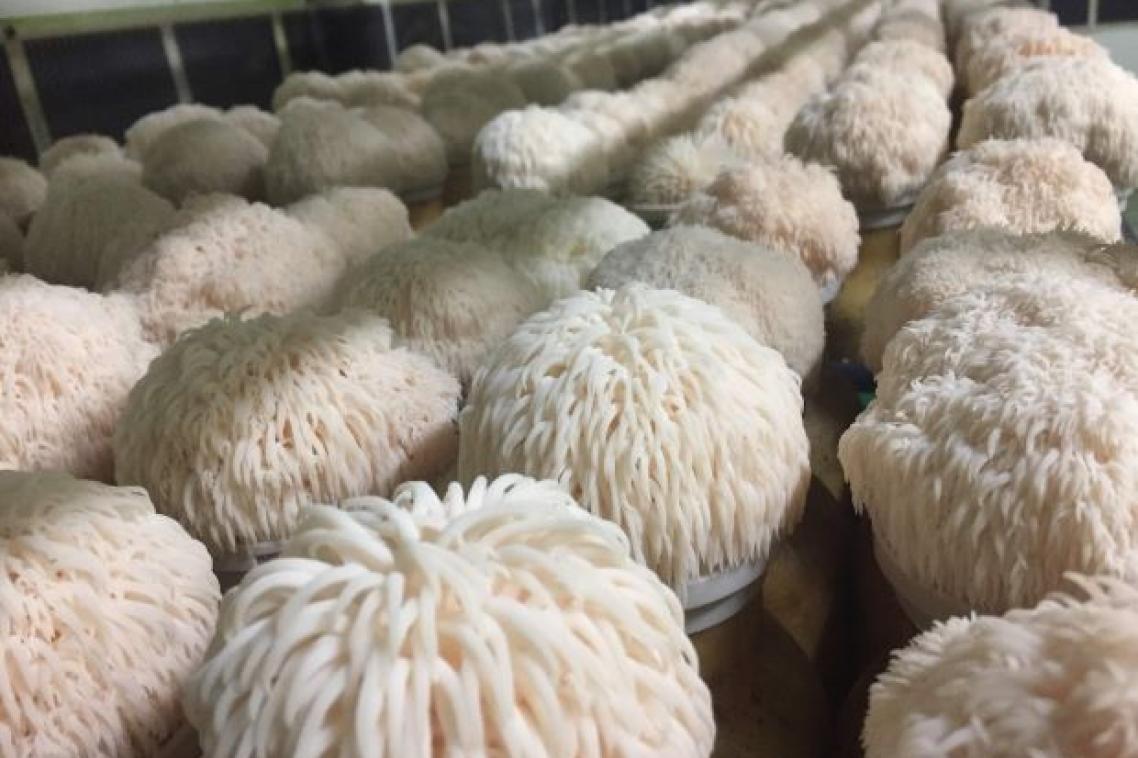Mushrooms magnify memory by boosting nerve growth

Researchers from The University of Queensland have discovered the active compound from an edible mushroom that boosts nerve growth and enhances memory.
Professor Frederic Meunier from the Queensland Brain Institute said the team had identified new active compounds from the mushroom, Hericium erinaceus.
“Extracts from these so-called ‘lion’s mane’ mushrooms have been used in traditional medicine in Asian countries for centuries, but we wanted to scientifically determine their potential effect on brain cells,” Professor Meunier said.
“Pre-clinical testing found the lion’s mane mushroom had a significant impact on the growth of brain cells and improving memory.
“Laboratory tests measured the neurotrophic effects of compounds isolated from Hericium erinaceus on cultured brain cells, and surprisingly we found that the active compounds promote neuron projections, extending and connecting to other neurons.
“Using super-resolution microscopy, we found the mushroom extract and its active components largely increase the size of growth cones, which are particularly important for brain cells to sense their environment and establish new connections with other neurons in the brain.”
Co-author, UQ’s Dr Ramon Martinez-Marmol said the discovery had applications that could treat and protect against neurodegenerative cognitive disorders such as Alzheimer’s disease.
“Our idea was to identify bioactive compounds from natural sources that could reach the brain and regulate the growth of neurons, resulting in improved memory formation,” Dr Martinez-Marmol said.
Dr Dae Hee Lee from CNGBio Co, which has supported and collaborated on the research project, said the properties of lion’s mane mushrooms had been used to treat ailments and maintain health in traditional Chinese medicine since antiquity.
“This important research is unravelling the molecular mechanism of lion’s mane mushroom compounds and their effects on brain function, particularly memory,” Dr Lee said.
The study was published in the Journal of Neurochemistry.
UQ acknowledges the collaborative efforts of researchers from the Republic of Korea’s Gachon University and Chungbuk National University.
Related articles

Why practising self-compassion makes better dads and happier kids
From cane toad lures to drugs from deadly venoms: IMB is a global research powerhouse
Media contact
UQ Communications
communications@uq.edu.au
+61 429 056 139
